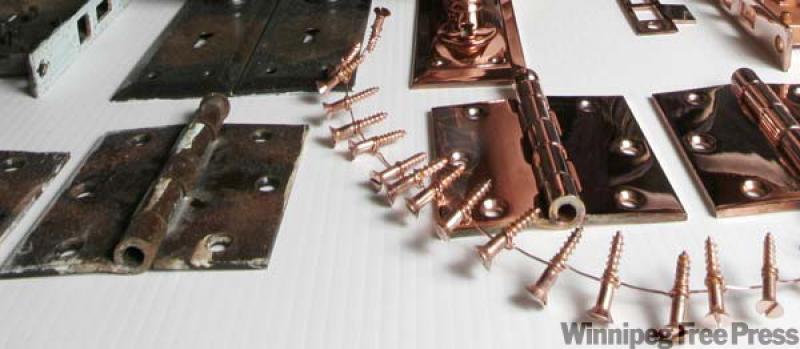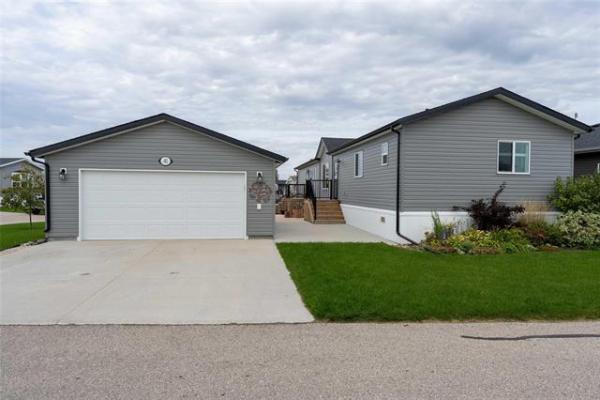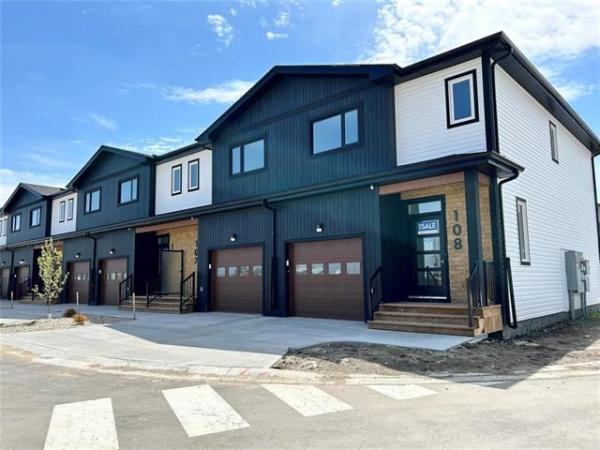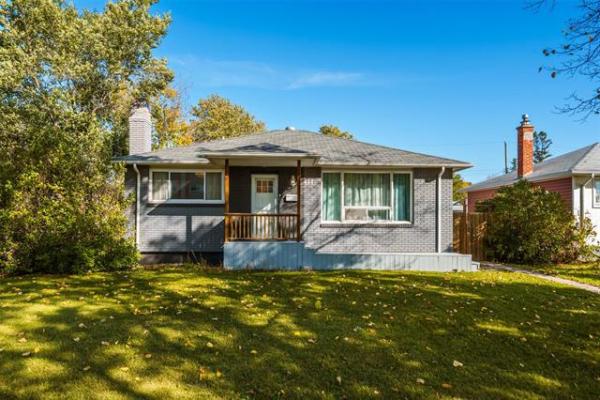-- John Branquinho, e-mail
QUESTION -- After reading a past Sunday column of yours concerning the sewer nightmare, I feel silly with my small problem. I have a problem with door hinges that I cannot get to stop squeaking. I have taken the pins out on a number of occasions and sprayed them with a silicone lubricant, cleaned them and put them back. In a brief period of time they will start to squeak again. Any suggestions?
-- Carson Hull, e-mail
ANSWER -- There are few things more annoying in our homes than small, persistent noises that have no apparent solution. Floor squeaks, knocking plumbing pipes and many other common sounds can drive homeowners crazy. Some of these issues are not easily solved without major renovations or repairs, but both of yours identified here are easily remedied. I will elaborate on this further while describing the causes of the problem.
My first suggestion about repairing the noisy water meter is not to believe everything you read in articles offering advice on home maintenance, except in this space, of course. Seriously, though, much information available for general knowledge may be area-specific or not relevant for our harsh climate.
I often read articles in various publications and on the Internet that are only applicable in moderate to warm climates. Many of these writers have little experience with frigid Canadian winters and their advice has little relevance here.
The water meters that are installed in British Columbia, where the writer that you reference is based, may be considerably different than those installed here. Also, water pressures and water quality can vary substantially, as opposed to our very reliable municipal water supply.
Air bubbles trapped in water-supply pipes or meters could be responsible for annoying sounds, but are more likely to cause "water hammer" or banging noises, rather than the tapping or clicking sounds you are experiencing.
I have heard many water meters that have the same problem as yours and the solution is simple: Change the meter. The clicking occurs only when water is passing through the meter and is caused by damaged or defective components in the meter. The clicking may be from the movement of the visible dials or the internal components that measure the flow of water. When this occurs, the easiest solution is to replace the meter rather than trying to figure out which parts are damaged.
The meter is the property of the city and replacement is their responsibility as well. A quick call to the waterworks department should allow you to schedule this remedial action. A noisy, damaged meter may not function properly, so the municipality is usually eager to replace it to ensure that you are being charged for all the water you are consuming.
The next issue to address is the squeaky hinges in the second question. I applaud you for regular maintenance to prevent the noisy doors, but this may not be sufficient to eliminate the problem. Silicone spray is a good lubricant for many applications because it leaves very little residue, but may not be as effective as regular lubricating oil. Regular oiling of squeaky hinges is a tried and true method to prevent quick reoccurrence, but may leave greasy residue or stains on the area nearby. A few drops of oil on the hinge pins may be a simple, quick fix, but will last only if the hinges are not excessively worn. Many interior door hinges are manufactured with steel or alloy components, which can rust and corrode over time. Once this becomes advanced, no amount of lubrication will last more than a short period of time. As with the worn-out meter in the other homeowner's situation, replacement may be the only option.
Replacement of standard door hinges can be a simple repair as long as the original hinges are not too old. Very old hinges were typically manufactured with thicker metal, and shimming may be required to achieve the same fit in the original doors. Otherwise, there are only a few standard sizes for residential door hinges and a quick measurement of the height and width will tell you which to purchase for replacement. If the hinges are not that old, there is more chance that they are made from metals more prone to corrosion, but replacement may be simpler. To make matters easier, the hinges could be removed before heading to the home centre so that they can be matched up with ones that have similar colour and size.
While it does not seem environmentally responsible of me to be suggesting removal and discarding of existing components to fix small noise issues, we must realize that, like anything else, building materials have a limited lifespan. Mechanical devices such as water meters and door hinges have moving parts that wear out or corrode and do not last indefinitely. Simple replacement may be the path of least resistance and should not be costly for small components like these. The good news is that it may be possible to refurbish the meter using new parts, and the metal hinges may be recyclable, especially if they are brass.
Ari Marantz is the owner of Trained Eye Home Inspection Ltd. and the president of the Canadian Association of Home & Property Inspectors-Manitoba (www.cahpi.mb.ca). Questions can be e-mailed or sent to: Ask The Inspector, P.O. Box 69021, #110-2025 Corydon Ave., Winnipeg, MB. R3P 2G9. Ari can be reached at (204) 291-5358 or check out his website at www.trainedeye.ca.




